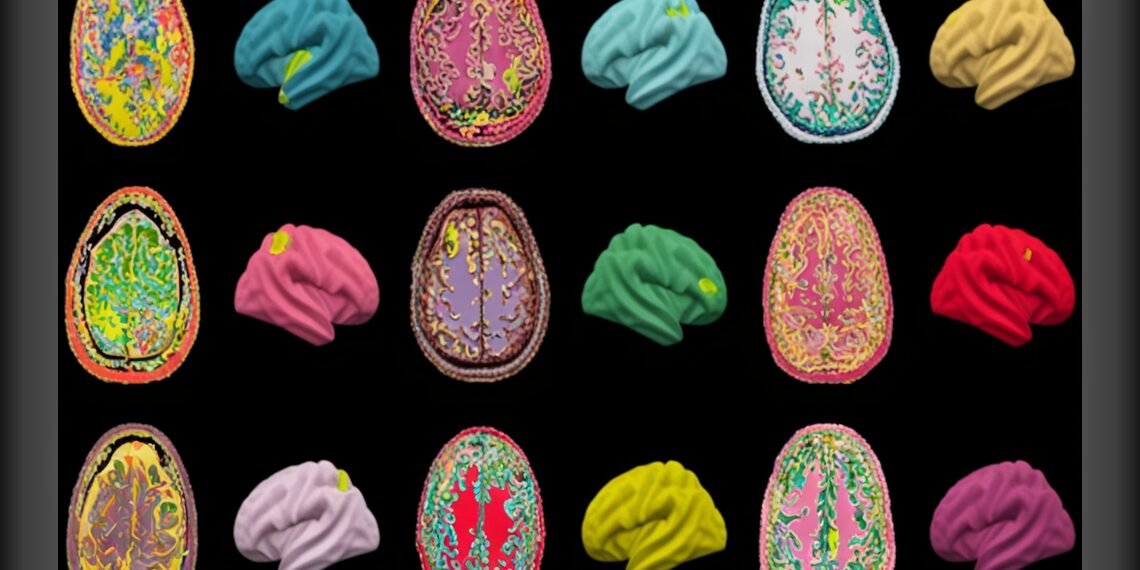Treating the human brain has always been a challenge for researchers and clinicians. However, digital health companies are now employing artificial intelligence (AI), connected sensors, and noninvasive devices to collect brain data and offer personalized treatments. This is a critical time for neurology because emerging AI technology could greatly benefit ways of reading brain activity, allowing for earlier detection of problems, and earlier treatment of brain diseases. The unique nature of the brain presents difficulties in studying and diagnosing neurological conditions compared to other organs; the brain, the focus of consciousness, cannot be put in a Petri dish or dissected like other organs. Therefore, the brain must be understood by relying on indirect evidence and patterns, which of course is AI’s strength.
Currently, the field of neurology faces a shortage of clinicians, which affects access to care for patients. To address this shortage, experts propose either increasing the number of neurologists, or increasing and improving technology to bridge the gap in care. Fortunately, there has been a significant increase in clinical trials exploring the use of digital health in neurology care over the past decade. Researchers have focused on developing tools to track motor skills, cognitive functions, and sleeping patterns, providing valuable data for neurologists.
Employing AI technology should allow for more precise readings of brain activity, surpassing traditional methods and potentially enhancing treatment management. An example of such a system is Linus Health, a digital health platform that utilizes AI to enhance cognitive assessments for detecting dementia. That technology has outperformed paper-based tests in detecting mild cognitive impairment and dementia. However, despite their promise, tools like these often face regulatory challenges that can significantly delay their availability. Yet, government regulatory clearance does weed out both errors and overly optimistic claims, helping to convince providers to prescribe these treatments. No doubt, those regulator hurdles will be similar to requirements pharmaceutical companies meet when demonstrating their evidence for the safety and efficacy of new drugs.
Collaboration between developers and doctors is crucial in creating the next wave of AI tools that directly address patients’ needs and concerns. With the continuous advancement of technology, and AI technology in particular, the field of neurology has the potential to benefit greatly from these applications by providing patients with more personalized and effective treatments.
The ainewsarticles.com article you just read is a brief synopsis; the original article can be found here: Read the Full Article…





